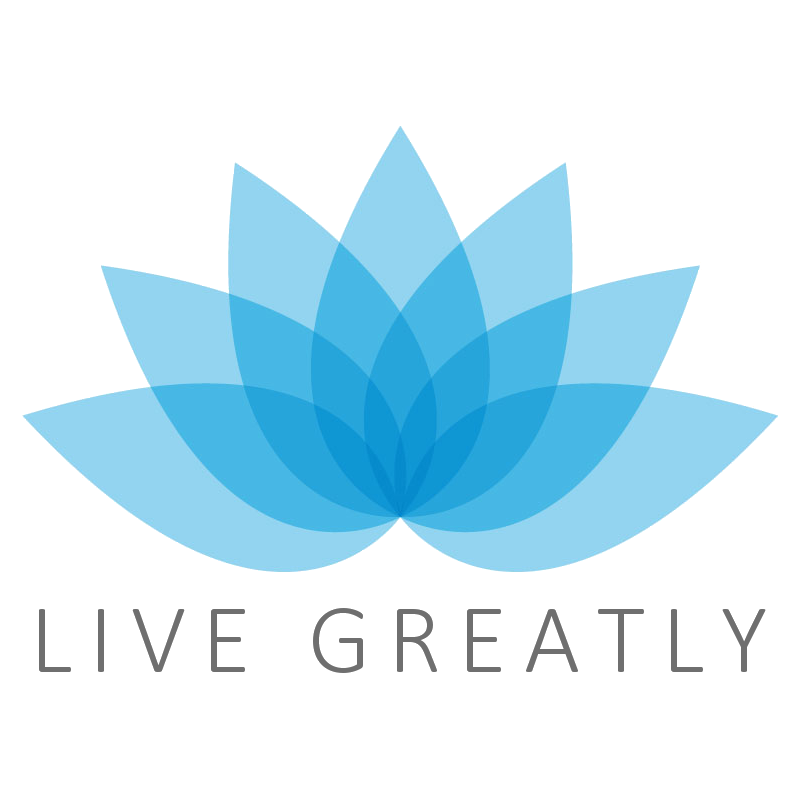3 Types Of Meditation: 2 Minutes of Motivation
LISTEN ON APPLE PODCASTS HERE: https://podcasts.apple.com/us/podcast/3-types-of-meditation-2-minutes-of-motivation/id1500457853?i=1000526833056
LISTEN ON SPOTIFY HERE: https://open.spotify.com/episode/0jHjEIPV3b79JUjfiynG62
Meditation has many benefits. This practice can help you manage stress, support your nervous system, and more. Listen in as Kristel shares 3 ways you can incorporate meditation into your daily life.
Listen to the episode with Dr. David Rabin
Key Takeaways From This Episode
Finding a quiet place
Following a guided meditation
Trying moving meditation
Disclaimer: All of the information and views shared on the Live Greatly podcast are purely the opinions of the authors, and they are not medical advice or treatment recommendations. The contents of this podcast are intended for informational and educational purposes only. Always seek the guidance of your physician or qualified health professional for any recommendations specific to you or for any questions regarding your specific health, your sleep patterns, changes to diet and exercise, or any medical conditions.
If you are struggling with feeling overworked or overwhelmed, access the Top 10 Stress Management Tips for the Overworked free right now.
Kristel Bauer, the Founder of Live Greatly, is on a mission to help people awaken to their ultimate potential. She is a wellness expert, Integrative Medicine Fellow, Keynote Speaker, Physician Assistant, & Reiki Master with the goal of empowering others to live their best lives!
Follow her on:
Instagram: @livegreatly_co
Clubhouse: @livegreatly
LinkedIn: Kristel Bauer
Youtube: Live Greatly, Kristel Bauer
To learn more about Live Greatly's transformative online courses for personal development and self-improvement, to discuss collaborations and partnerships, or to book Kristel as a speaker or consultant, click here.
Episode Transcript
In today's episode of two minutes and motivation, we're going to be talking about three different ways that you can meditate. Meditation is so incredibly valuable for your mental health, for your physical health, your attention, your focus, your performance, and so much more. I had a really great conversation with Dr. David Rabin this week who's an incredible Psychiatrist and Neuroscientist, and that conversation inspired me to spend some time with you today to dive into meditation, which is really a wonderful practice to help manage stress and support your nervous system and overall well being.
Meditation has completely changed my life. I started meditating about five years ago and the benefits are truly incredible. I've experimented with all different types of meditation. And what I want to talk about today are three different ways that you can start incorporating meditation into your everyday life starting today.
The first meditation practice is finding a place to sit quietly. Ideally, you want to go to the same space every time you meditate and make sure that you're not distracted. Get comfortable, close your eyes and just focus on your breath. Notice the in-breath and the out-breath and let the thoughts come without getting attached. Thoughts will come. It's not about blocking out thoughts, but it's really about anchoring your attention to your breath.
So when you find your mind wandering, just bring your focus and your attention back to your breath. And that's the practice, it's training your brain to be present. Your breath is in the present moment. Your body's in the present moment. So that's the first way that you can practice meditation.
The second thing you can do is to follow a guided meditation. There are so many different apps out there now. I'm sure there are tons of things that you can download or watch on YouTube. So play around with it and find something that resonates. This can be helpful if you are struggling with meditating on your own, just focusing on your breath.
The third thing that you can do is a type of moving meditation. So doing things like yoga, that's actually like a meditative practice if you link your breath to your movement. You could do things like walking meditation, where you're setting the intention of just being present with every step. So not about getting to the destination, it's about each step and being fully anchored in the present moment with each step you take.
What I typically recommend for meditation is to start with about five minutes and build up from there. So you can build up to 20 minutes to 30 minutes, but start with something practical to get the momentum going.
So I hope that this helps you to recap. There's the meditation, where you focus on your breath, there's guided meditation, and then there's moving meditation.
Until next time. This is Kristel Bauer with Live Greatly inspiring you to awaken your ultimate potential.
